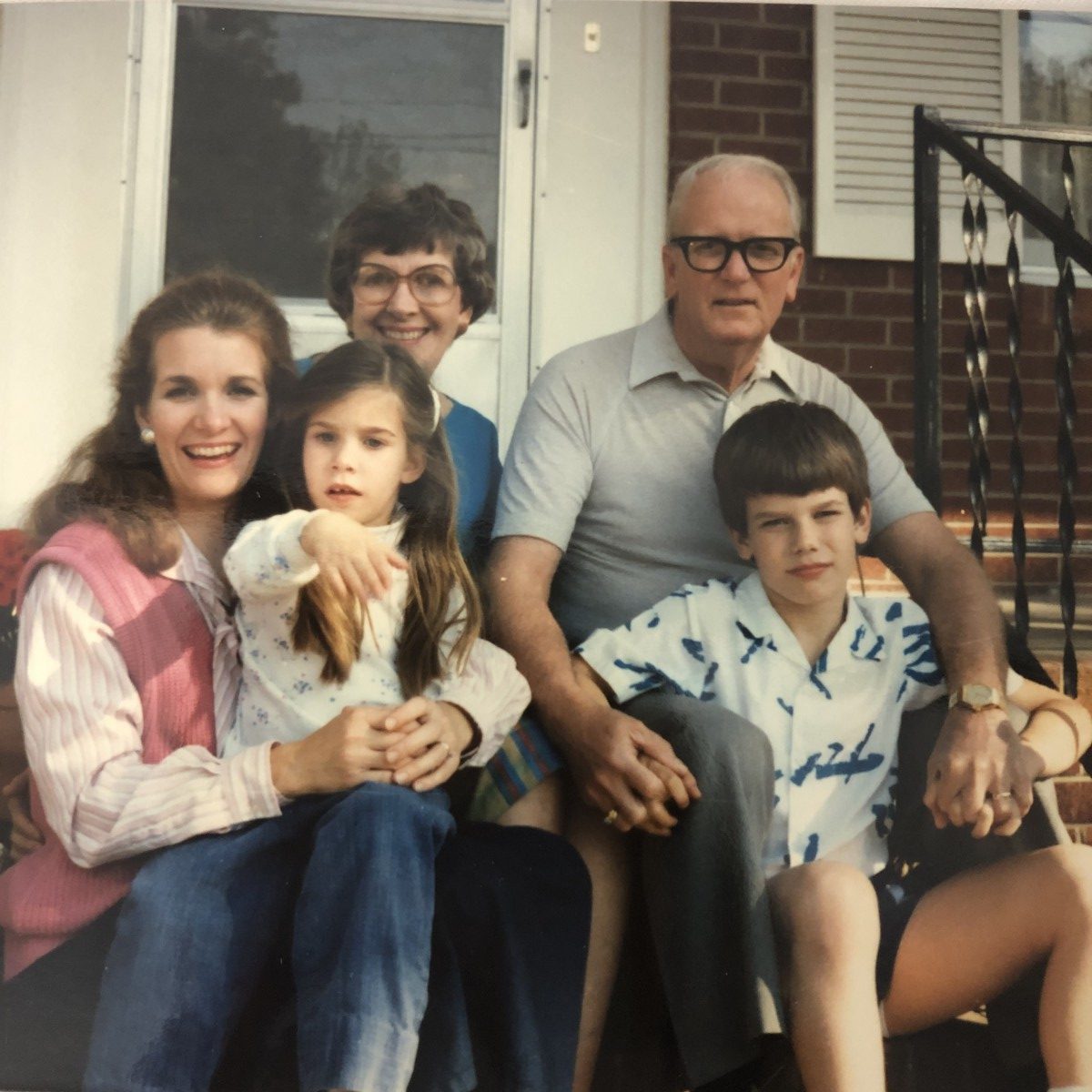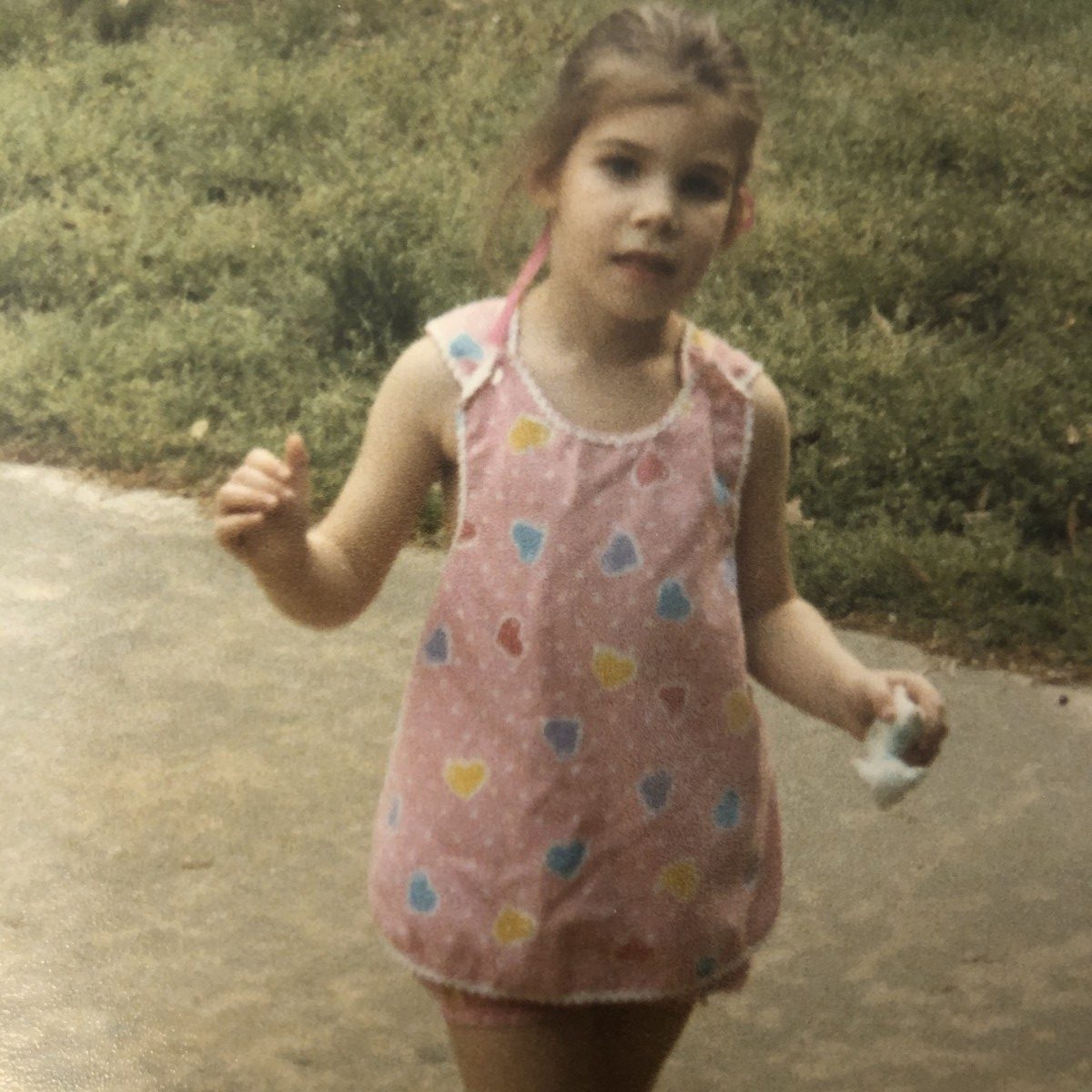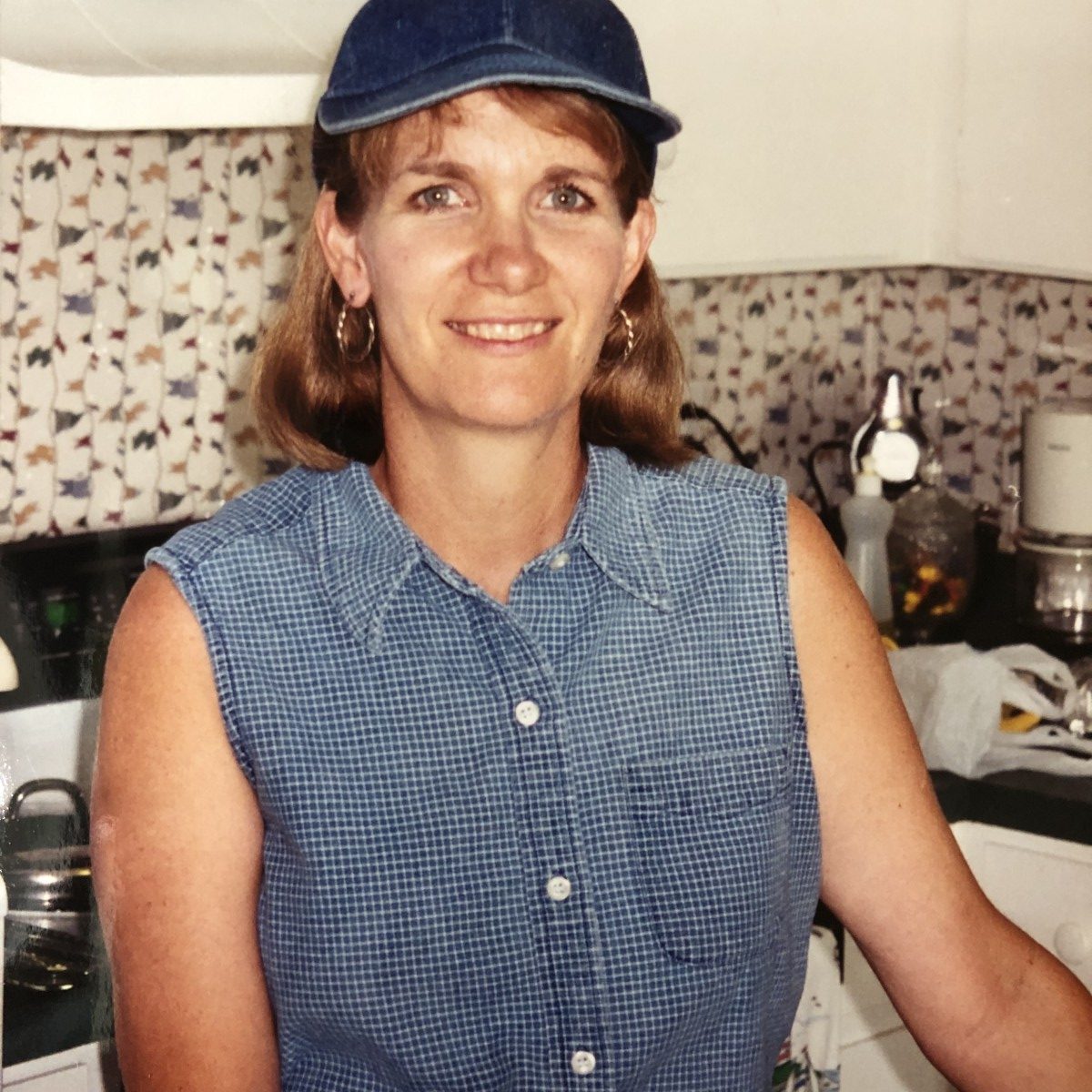
One morning, my next-door neighbor Debbie invited me to her porch for a chat. I was in the middle of prepping for a trip and short on time, but I needed conversation more than I needed to have everything done. I was fortunate to have acquired Debbie as a friend three years earlier when I reluctantly moved to South Carolina. I didn’t want to leave my home but God blessed us by giving us great neighbors.
I proudly showed off phone pictures of grandchildren and she was giddy over her soon-coming first grandchild. It’s fun to chat and laugh; to forget about the latest bad news. We also talked about our problems. We whined about our twin hip pains and agreed that we’re much more empathetic towards hurting people now that we know what it’s like.
My hardships have been synchronous with my growth in empathy.
In Edith Schaeffer’s book, Affliction, she refers to our suffering as God’s “school for comforters”. God allows us to experience affliction so we might comfort others.
Going back to the 1980’s, my journals remind me that I was often in a “school” that unwittingly taught me to have more concern for others. I’d face one difficult hurdle after another and know I was in another compassion class.
The lesson wouldn’t instantly take. First I’d have to survive my trial du jour and get strong enough to stand on my own feet. Finally, I’d notice that my heart was slightly softer. I’d see people a little differently—through a more compassionate lens. I thanked God for changing me.
In suffering we learn what it’s like to walk in someone else’s shoes.
I never chose to suffer, but I always chose to be closer to Jesus. I naively thought, when I was a new Christian, that somehow I’d be protected from hardships. Erroneous teaching, immaturity and limited biblical knowledge together created a wrong belief. I learned that Christians at times, do indeed suffer, and that there is even purpose in suffering.
From my heartbreaking divorce and single mom status, I gained a special affection for single moms and and their kids. After I married Tom, I invited a new friend and her son to eat dinner with our family each Wednesday for a season. It’s difficult sometimes as a single mom to get a proper meal on the table. I remembered, when I was in her shoes, how uplifting it was to be in someone’s home, included at their table. https://tranquiliving.com/how-an-open-door-of-hospitality-changed-my-life/ I wanted to offer the same comfort that had been offered to me. I felt blessed that I could feed a few more mouths.

I had a growing baby in my belly when I was suddenly left alone to parent. She was nearly two years old when I realized she was not developing as she should. I threw myself into a search for help. It’s extremely difficult and draining to care for children with special needs. God again, used my circumstances to soften my heart and knock off some of my hard edges. I was needy and desperate for God.
We can truly empathize with people when we’ve suffered in the same way as them. By understanding their pain we join their team. We build them up.
We are also uniquely adept at offering them practical help. We begin to live out the scripture in 2 Corinthians 1:4.
God consoles us as we endure the pain and hardship of life so that we may draw from his comfort and share it with others in their own struggles.
We have a built-in instinct to comfort because of the comfort we ourselves receive from God. Our personal experiences carve out a deeper concern for those in similar trials.
There are so many experiences and stories that have been my teachers. Where would I be if I hadn’t experienced suffering? How would I have known how to comfort others?

Practical ways to bring comfort:
- One of the best things you can do is to just “be with”. Sometimes only your presence is needed; no words.
- Empathize without judging the person as to why the bad thing happened. That she needs your empathy at the moment is what matters.
- Even if you’ve experienced the same difficulty, don’t say you know exactly what they’re going through. Be grateful for the degree of empathy you have and realize every instance and person is unique.
- Help the sufferer in practical ways, but don’t take over the responsibilities that are only theirs.
- Don’t promise someone a perfect future where all her hopes are fulfilled. We don’t fully know God’s plan. If a vulnerable person is promised a perfectly rosy future, and that life doesn’t materialize, she may become more discouraged and confused than at the onset of her trial. Promise people that God will never leave them; that he will work every detail together for good.
God shows us his power through our weakness as we suffer. In a small way, our suffering identifies us with the suffering of Jesus. God allowed Jesus to suffer for our benefit. We also see that our suffering benefits those around us, as we comfort others with God’s comfort.
4 Comments
Great word on suffering—we all need more compassion—especially now!
Thanks Sandra! Hope to see you soon 🙂
Love the transparency along with the practical!!!God uses it all. Thank you For being better and not bitter because of your hardships, and for your willingness to put pen to PAPER For the greater good.
Thank you so much Cynthia! miss you.